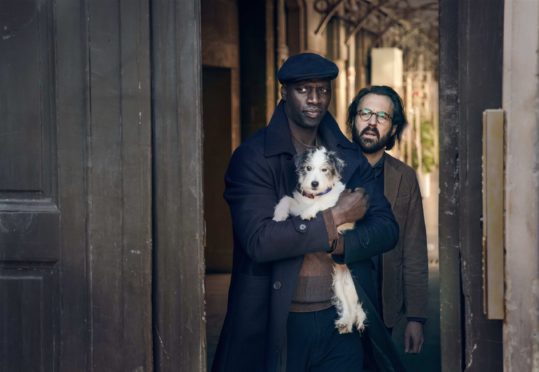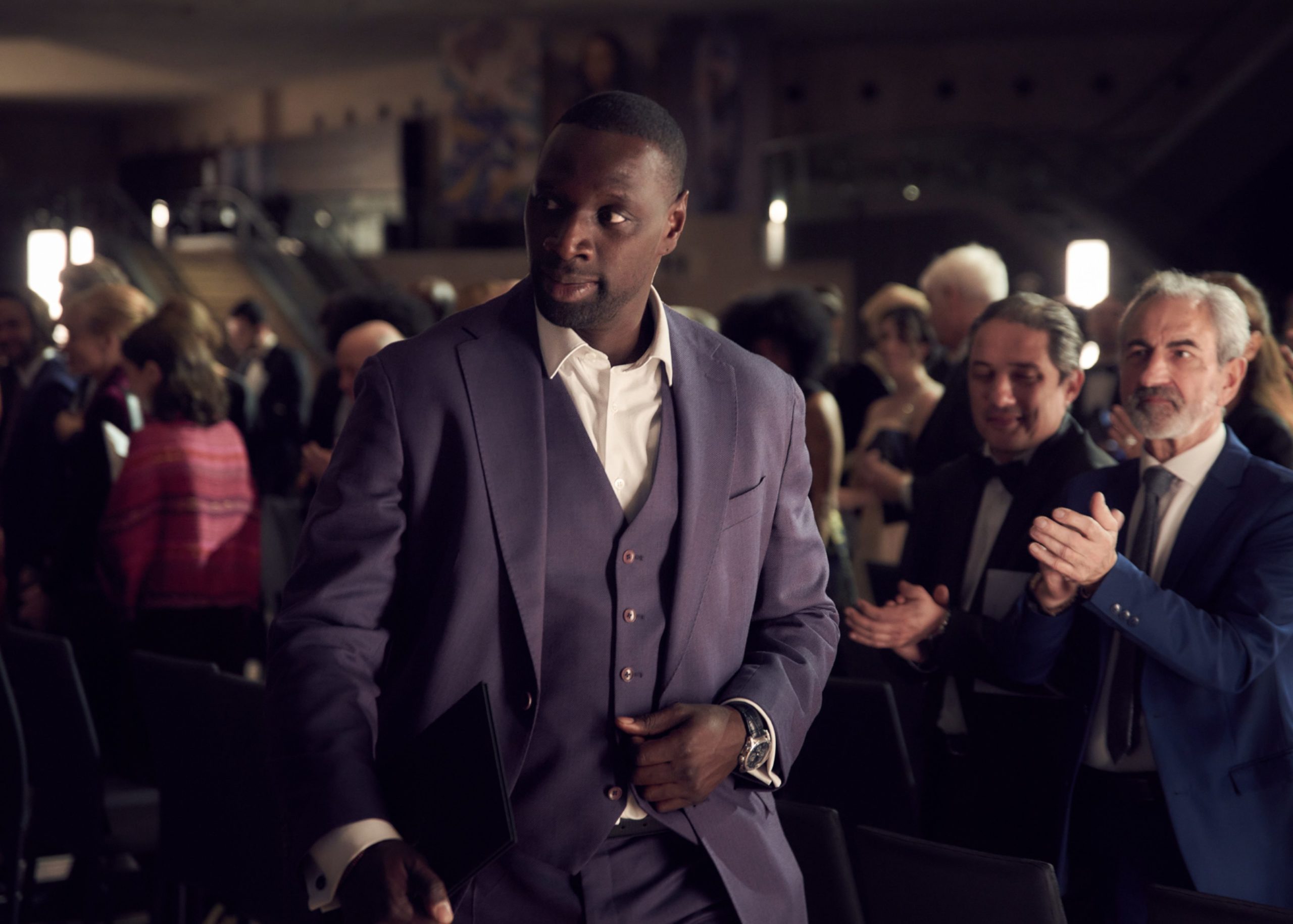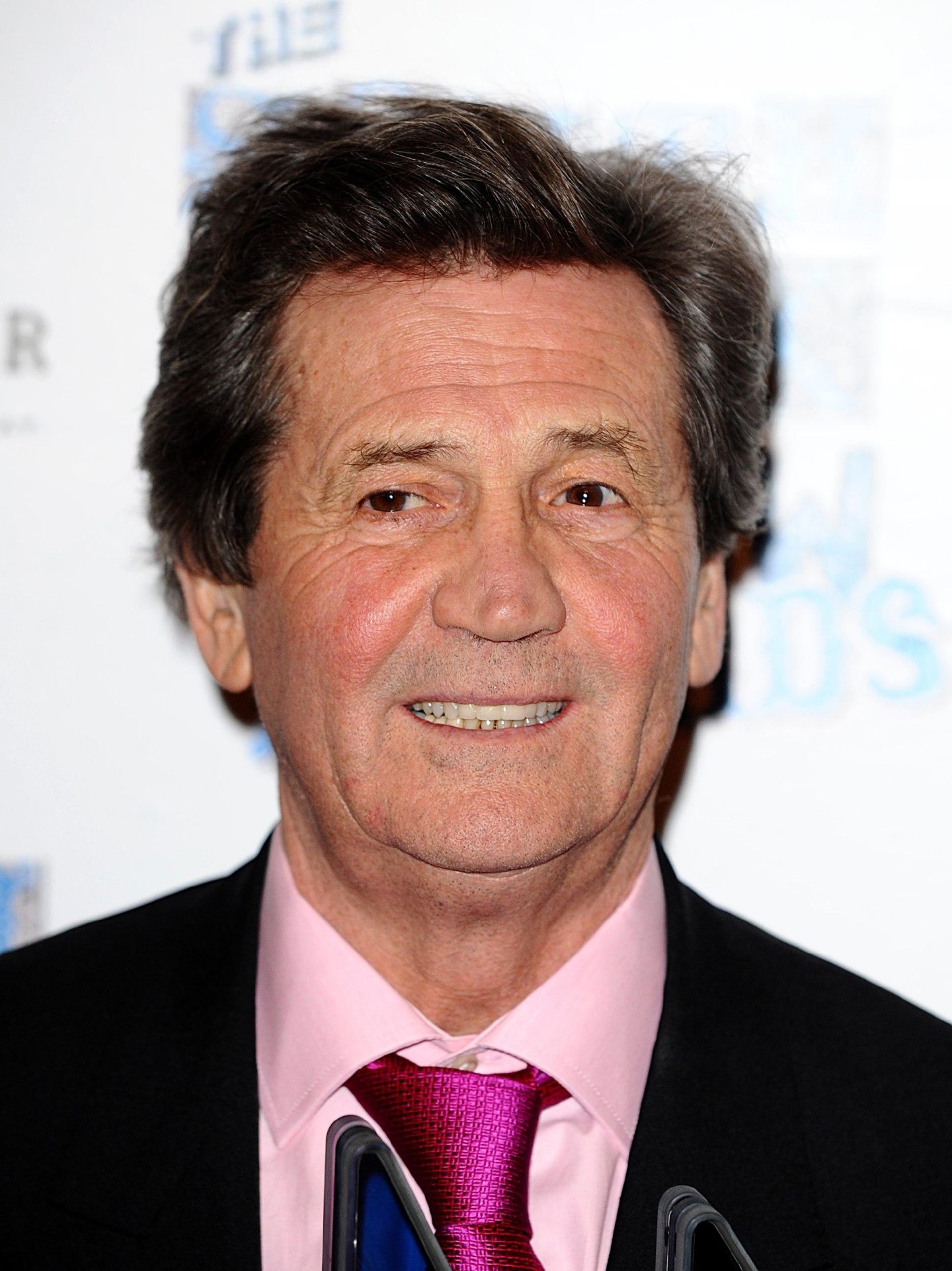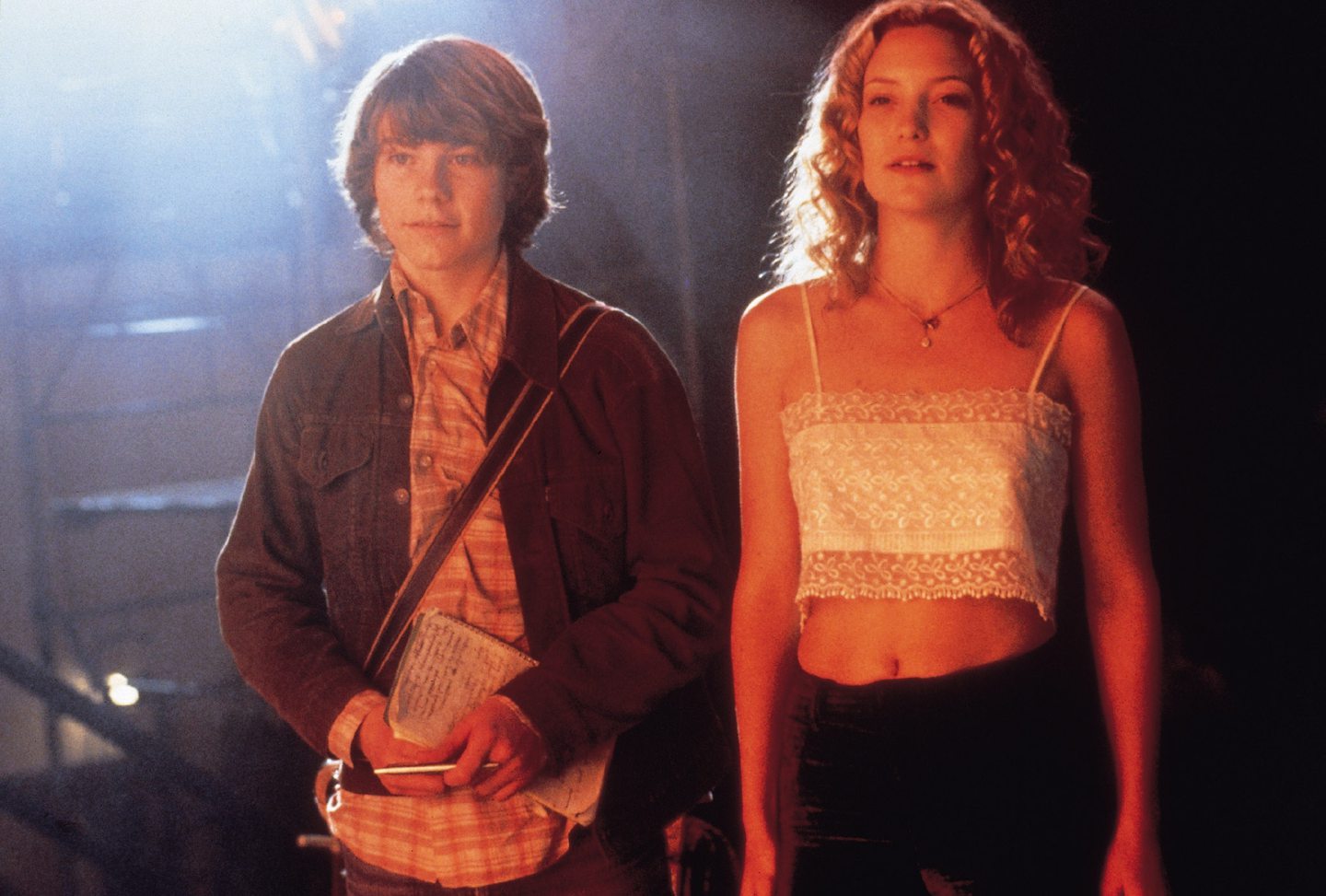I appreciate subtitles aren’t everyone’s bag, but Netflix’s effortlessly fun French caper Lupin might just change your mind.
Arsène Lupin is to the French what Sherlock Holmes is to Brits – a crime fiction icon, whose exploits as a “gentleman thief” have been turned into TV series and films for decades.
The latest incarnation on Netflix actually owes a debt to the BBC’s recent retooling of Sherlock, in that it’s flashy, flamboyant and gleefully keen to stay one step ahead of viewers with a steady stream of elaborate twists and red herrings.
If you’re a fan of the Ocean’s Eleven films or heist movies in general, you’ll gobble up all 10 episodes (the second season started last week).
Netflix’s Lupin isn’t actually about the famous character, but instead someone who hero worships him.
When the series starts, we’re led to think that Assane Diop – played with grand charisme by Omar Sy – is just a petty Parisian crook, but it soon becomes apparent that he’s as cunning and suave as his literary inspiration.
The heist at the Louvre museum that kicks off the series is wildly improbable but leaves a smile on the face.
Actually, ‘wildly improbable but leaves a smile on the face’ is probably the best way to sum up Lupin. It’s pure unadulterated escapism that has no desire to take viewers down a path of gritty realism or over-the-top violence.
Each episode generally ends on a twist that practically dares you to not hit play on the next installment and the fact there’s only five episodes per series is a bonus when our schedules are so filled with streaming content.
If the subtitles are still putting you off, Netflix also has a dubbed version, although that should be your last resort.
But give it a chance without – Lupin is so entertaining, I suspect you’ll soon forget you’re even reading subtitles.
Life-affirming true story
The Painter And The Thief (Sky Arts) is a documentary but has the kind of premise you’d expect from a Hollywood movie – an artist whose work has been stolen from a gallery tracks down and befriends the man who did it and a touching friendship begins.
That was all I knew going into the doc, so watching how Barbora Kysilkova and Karl-Bertil Nordland’s relationship blossomed over several years was remarkable.
Both Barbora and Karl-Bertil transformed over the course of the documentary – in both good and bad ways – and I was struck by its overwhelmingly powerful message about the strength of forgiveness and rehabilitation. Life-affirming stuff!
Shine is coming off The South Bank Show
Back in the day, featuring on The South Bank Show used to be a prestigious honour.
The likes of Sir Laurence Olivier, Francis Bacon, Billy Connolly and Iain Banks have all chatted to Melvyn Bragg in the past and often the programme was like a celebration of their long and varied careers.
Since it moved to Sky Arts though, I get the feeling they’re going for viewership rather than prestige.
This week’s new series – its 33rd! – featured 20-year-old Arlo Sparks. Don’t get me wrong, she’s undoubtedly a tremendous singer/songwriter, but does she deserve the South Bank Show treatment?
If she’s still around in 20 years, fair enough, but this seems a tad hasty.
Very little of value in new Di doc
Can we impose a moratorium on all programmes about Princess Diana?
The latest was a 95 minute ITV documentary on Thursday to mark what would have been her 60th birthday.
The only thing of note in this unspeakably bloated programme was some previously unseen home video footage of Diana with acquaintances through the years.
You’d be hard-pressed to find anything else of value.
Film of the Week: Almost Famous (Great Movies, Thursday, 10.55pm)
I can’t believe it’s been more than 20 years since this love letter to music and journalism first reached our screens.
Writer-director Cameron Crowe draws heavily from his own early career as a teenage Rolling Stone magazine correspondent and it’s his heart-on-the-sleeve style of filmmaking that makes Almost Famous so delightful.
We see the early 70s music industry through the eyes of 15-year-old William (Patrick Fugit), who joins the fictitious rock band Stillwater on their US tour and learns some life lessons in the process.
Of course, Crowe portrays this moment in time through vividly rose-tinted spectacles, but that’s not the point.
Cynicism like that has no place in such a warm-hearted film like Almost Famous.




